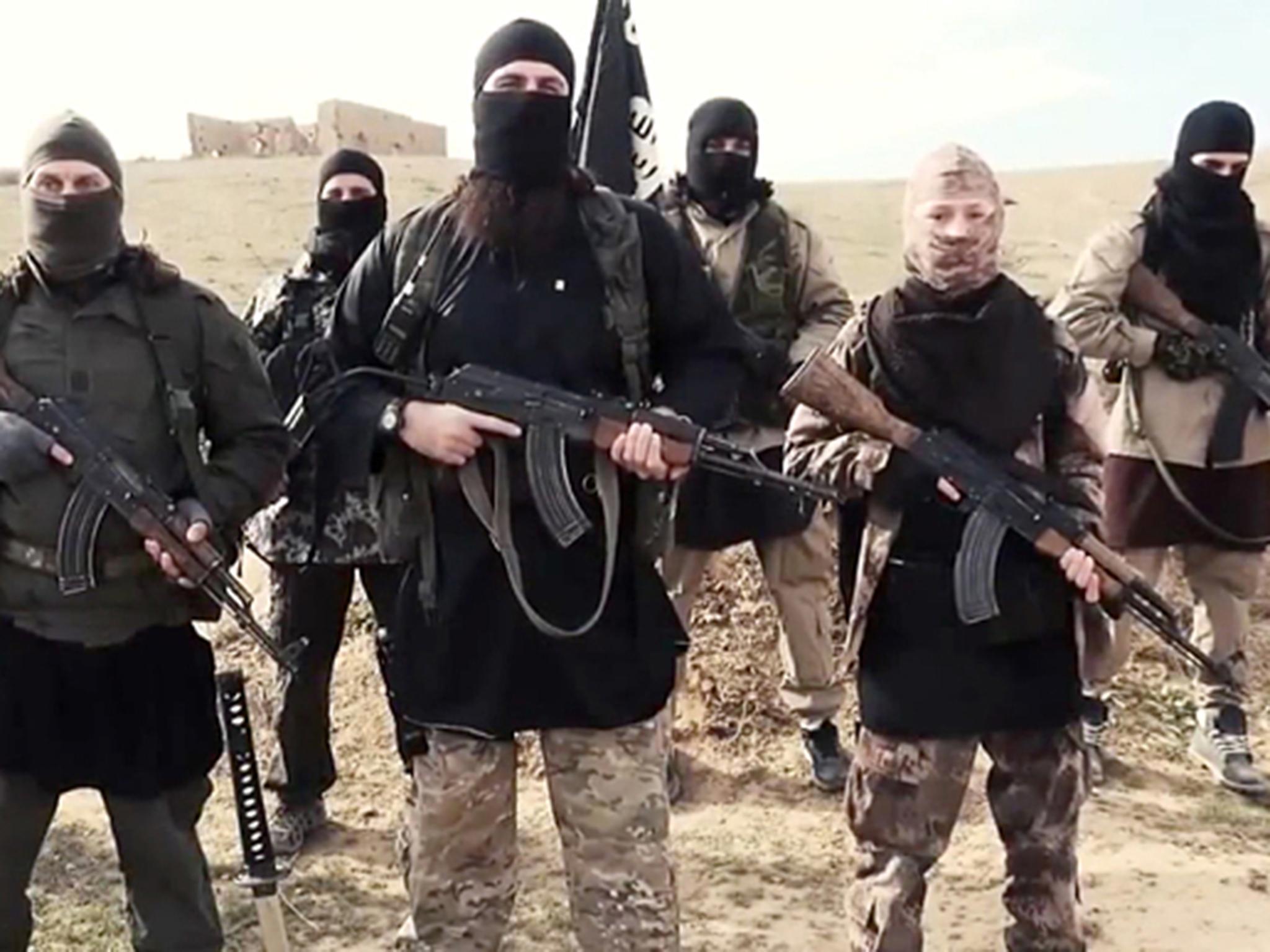Denmark announces plan to stop paying Isis fighters unemployment benefits
At least 34 foreign fighters have received state money after joining terrorist group

Your support helps us to tell the story
From reproductive rights to climate change to Big Tech, The Independent is on the ground when the story is developing. Whether it's investigating the financials of Elon Musk's pro-Trump PAC or producing our latest documentary, 'The A Word', which shines a light on the American women fighting for reproductive rights, we know how important it is to parse out the facts from the messaging.
At such a critical moment in US history, we need reporters on the ground. Your donation allows us to keep sending journalists to speak to both sides of the story.
The Independent is trusted by Americans across the entire political spectrum. And unlike many other quality news outlets, we choose not to lock Americans out of our reporting and analysis with paywalls. We believe quality journalism should be available to everyone, paid for by those who can afford it.
Your support makes all the difference.The Danish government has said it will stop paying Isis militants welfare benefits as part of a plan to fight terrorism.
More than 30 foreign fighters from the country are known to have continued to receive thousands of pounds worth of state unemployment benefit known as “kontanthjælp” in Syria and Iraq, with the revelations provoking outrage last month.
Employment minister Troels Lund Poulsen immediately vowed action and efforts to recover the payments, although it was unclear how the money could be reclaimed.
The government has now included a planned crackdown in a new bill to prevent extremism.
A statement from the justice ministry said: “The payment of state benefits to foreign fighters must be stopped, so they cannot finance their stay in a conflict zone with kontanthjælp, for example.”
Anyone named as a national security risk or believed to have travelled to join armed group abroad will have their benefits immediately stopped, the government’s plan said.
Søren Pape Poulsen, the justice minister, said he would not allow jihadis “to finance their travel using public money”.
“We must prevent more vulnerable young people become radicalised and end up supporting terrorist organisations’ vile ideology,” he added.
Isis fighters from several countries are believed to have used welfare payments after joining the terror group, either after being directly paid or supplied with the money by friends and family at home.
Denmark’s four-point policy also includes criminalising “the dissemination of terrorist propaganda”, blocking websites distributing extremist material and requiring radicalised convicts to go through an “exit programme” after being freed as a condition of their parole.
Omar el-Hussein, an Isis supporter who killed two people in attacks on a cultural centre and synagogue in Copenhagen, is believed to have been radicalised while in prison, with alerts to authorities going unanswered.
Isis also claimed responsibility for a shooting that injured two police officers and a bystander in the Danish capital’s Christiania district, although locals attributed the incident to the area’s drug trade.
Denmark’s PET intelligence agency PET estimates that at least 135 people have left the country to fight in Syria and Iraq.
Join our commenting forum
Join thought-provoking conversations, follow other Independent readers and see their replies
Comments